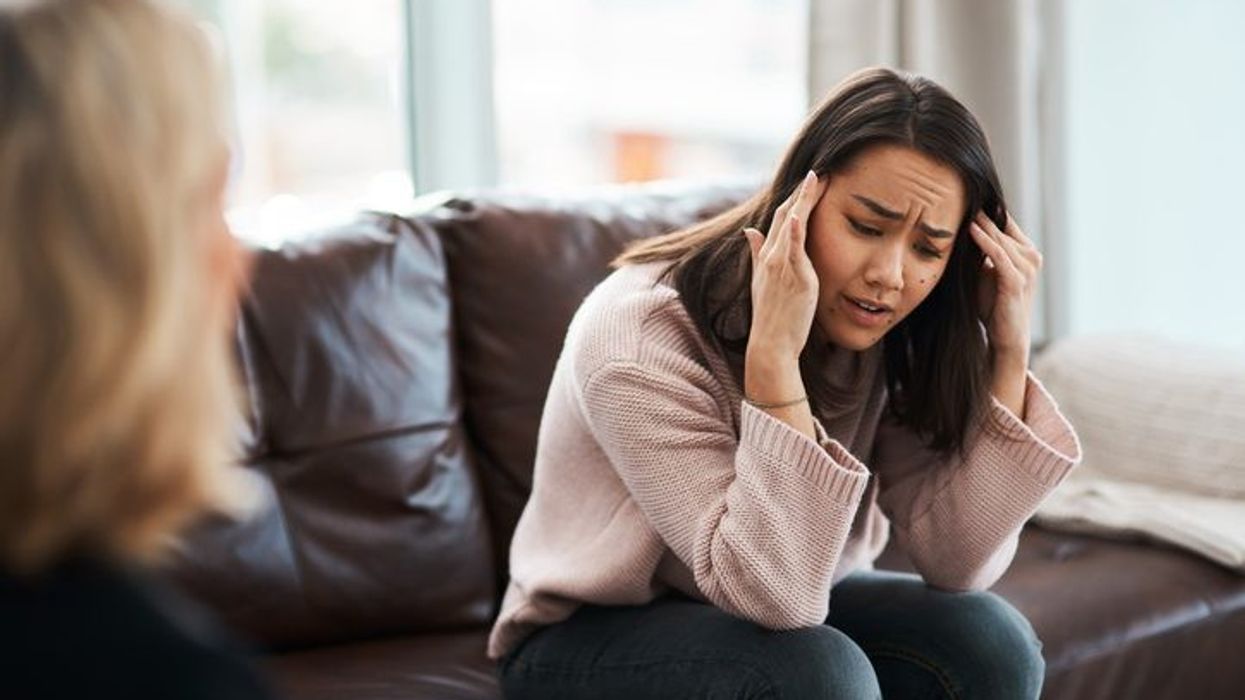Researchers have identified two new genes linked to schizophrenia and flagged a third gene as carrying a risk for both schizophrenia and autism, according to a multi-centre study led by the Icahn School of Medicine at Mount Sinai.
The study, which compared the gene sequences of people with schizophrenia to those of healthy controls, is believed to be the first of its kind to examine schizophrenia across different ethnicities, with existing datasets of up to 35,828 cases and 107,877 controls.
The two newly identified genes, SRRM2 and AKAP11, carry a risk of schizophrenia that is consistent across ethnicities. A third gene, PCLO, was already known to be associated with schizophrenia but the study found it also carries a shared risk for autism.
The research may point to new therapeutics for the debilitating disease, which affects around one in every 100 people, causing them to lose touch with reality.
The study suggests that rare damaging variants in the genes could potentially lead to new medicines for schizophrenia.
"By focusing on a subset of genes, we discovered variants that could potentially lead to new medicines for schizophrenia," said lead author Dongjing Liu.
"Also significant is that by studying people of various ancestral backgrounds, we found that rare damaging variants in evolutionarily constrained genes confer a similar magnitude of schizophrenia risk among those different populations and that genetic factors previously established in predominantly white people have now been extended to non-whites for this debilitating disease," said Liu.
The findings also raise questions about how we think about brain diseases as a whole, said Alexander W Charney, a co-senior corresponding author of the study and associate professor at Icahn Mount Sinai.
"The same variant in the same family may cause autism in one family member and schizophrenia in another. The idea of the same gene having different manifestations is very interesting to us, as it could be useful when it comes to treating people in the clinic," he said.
However, the researchers caution that not every patient has a rare damaging variant in the identified schizophrenia genes, with the disease being multifactorial and having no single cause.
(With inputs from PTI)




